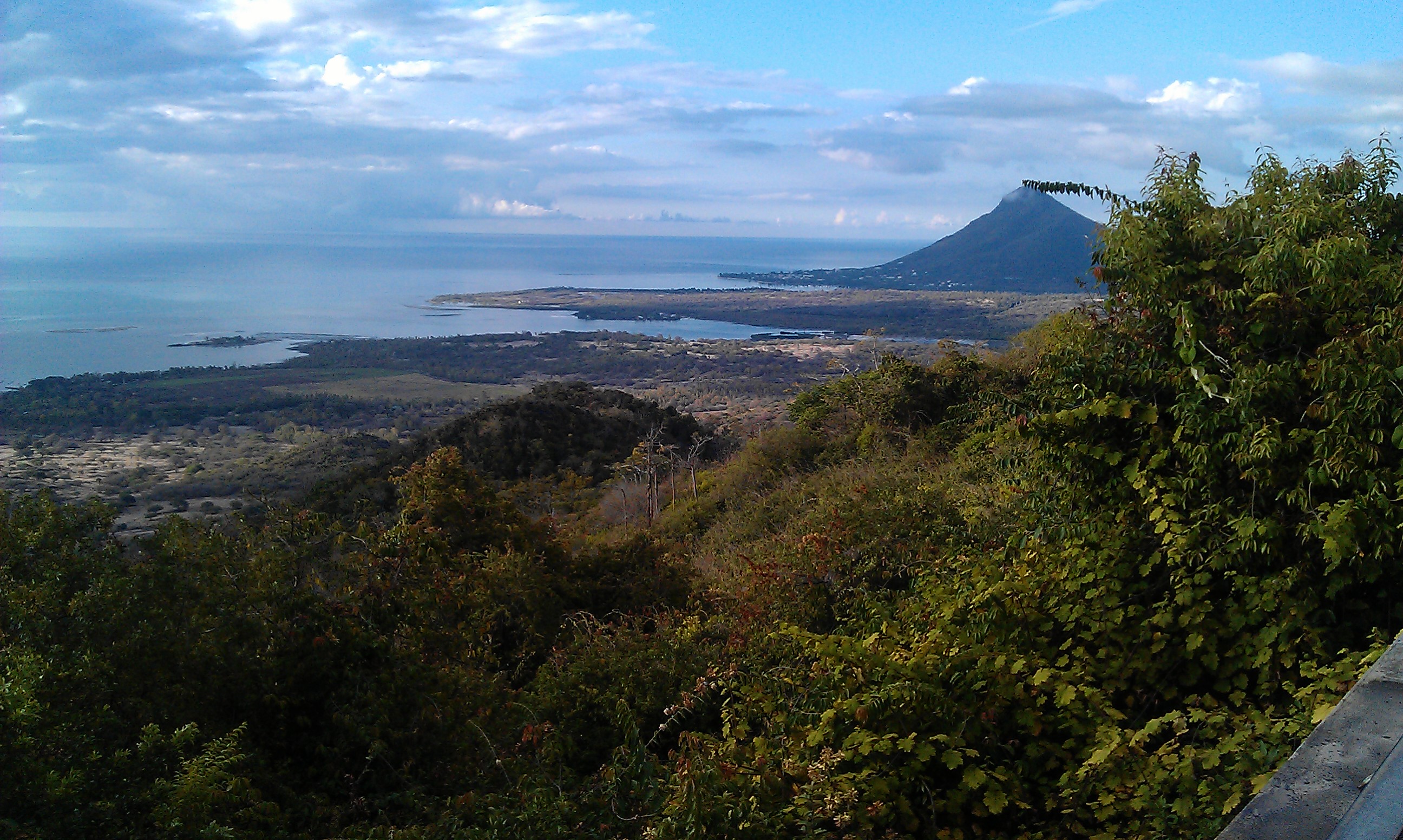The Omnicane Southern Tropical Challenge is now one day away from kicking off in Mauritius. With that has come the chance to do some exploring, while doing a few days of acclimatisation. And that acclimatisation is pretty necessary, having left behind rain and 5 degrees in London, to arrive to 30 degrees, (mostly) sunshine and fairly high humidity.
I suspect when most people think of Mauritius they think of azure beaches and endless blue skies – perfect for honeymooning couples and kicking back on a sunbed next to the hotel pool. This was certainly my superficial impression until a few months ago, based on nothing but assumption. And indeed, there is plenty of that – the Lux Hotel Tamassa is host to a good number of couples gazing into each other’s eyes over the evening buffet.
However, there’s a lot more to it than that. This shouldn’t come as any surprise – there wouldn’t be much point running a bike race here if there wasn’t some pretty interesting scenery to be had. In the southern part of the island, where the race is based, you’re climbing pretty much as soon as you leave the beach behind, up to beyond 800m. Which is no Alp, but on an island that is less than a thousand square miles, that not bad going. The climate and landscape are also pretty diverse, ranging from those white beaches and sunshine, up to the Black River Gorges National Park, which is all jungle and tropical rainstorms. In between there are broad expanses of sugar-cane, the island’s traditional export – still important but now eclipsed, of course, by tourism as the main source of income.
I for one am excited about exploring the area through the course of the race – I’ve been finding my way round on the roads, but the Omnicane Southern Tropical Challenge has negotiated with local landowners to get special access to a good deal of private land.
There’s also some pretty fascinating history; one of the many pleasures of doing events like this is that they take you to places that you might not otherwise get to explore. And while I can appreciate the merits of a beach holiday, they’re not really my thing – I seem to manage about an hour of sitting still before getting a bit stir-crazy. So somewhere like Mauritius, with that superficial impression of a honeymoon destination and not much else, might have passed me by. Which would have been a shame; as it is also a shame for all those beach holidayers who confine themselves to moving between the beach and the pool and nowhere else. Mauritius has passed through the hands of a full three colonial powers – by turns the Dutch, the French and the British. From my understanding, the Dutch struggled for a number of years in the seventeenth century to gain a foothold, in the face of cyclones and disease, before the French took over in the early eighteenth, following which the island passed to the British during the Napoleonic wars in the early nineteenth. This probably isn’t the place for colonial history, save to say that whatever they thought they were doing at the time, much of what these imperial nations thought they were doing wasn’t that benevolent. In the end though, Mauritius has been independent since 1968, and a republic since 1992.
It appears that Mauritius had no indigenous population prior to that first occupation, so the legacy of the changing rulers of the island has left behind a fascinating mixture of peoples, many of whom arrived either as slaves or indentured labourers from mainland Africa or India. And you can see traces of the mixed history all around, from French place names to British road signs, and driving on the left. Plus some African touches, like the amazingly colourful public buses you find in many African countries.
Quite apart from that, the people seem generally welcoming (and not just those who are being paid to be welcoming!) and pretty cycle-friendly, although perhaps a bit bemused to see a skinny white bloke on a mountain bike pottering around their backyard.
Now to the race! Tomorrow’s first stage is a prologue, followed by three bunch stages, taking loops through different parts of the south of Mauritius. Check back here for reports from Jeff and Will.

